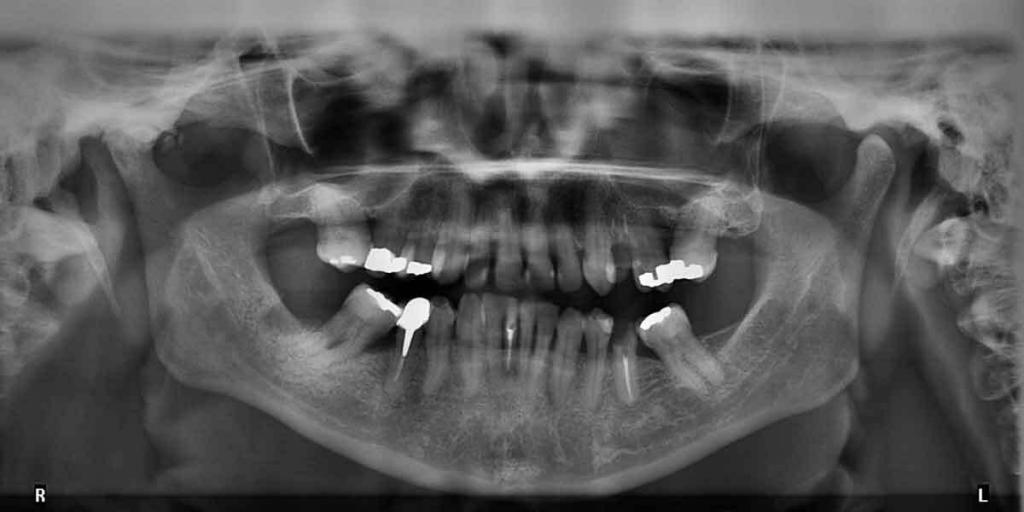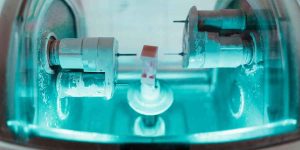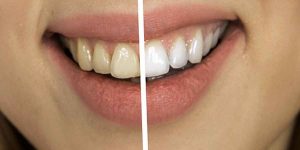Facts: Bone grafting helps the body regenerate itself, which makes it a perfect way to increase bone density.
If you lose teeth and don’t replace them for a long time, you will experience jawbone deterioration. If you plan to get implants, then this deterioration might require bone grafting.
Various reasons can cause loss of bone density. These include:
Extractions
When a tooth is removed and not replaced, then the jawbone might deteriorate. Normally, teeth roots are implanted into the jawbone, and they work to stimulate it through various activities such as biting and chewing.
When the teeth are missing, the jawbone won’t receive any stimulation, and it will start resorbing. The body will feel it doesn’t need the jawbone anymore, and it starts to deteriorate.
Periodontal Disease
This is an ongoing infection of the gums that penetrates and destroys the support of the teeth. It affects all the tissues of the mouth and even the underlying bone.
When dental plaque is prolonged, it will cause the gums to pull away from the teeth, leading to the deterioration of the underlying bone. The progressive loss of the bone and can cause teeth loosening and loss of teeth.
Dentures
When you use dentures, they will not be anchored in the jawbone. This means they won’t be able to stimulate the underlying bone. Lack of stimulation will make the bone to deteriorate and resorb.
Eventually, bone loss occurs, and this leads will require bone grafting to return it to normal.
If the dentures are held in place by anchors or attachments, they will be able to stimulate the jawbone, preserving the bone.
Misalignment
Misaligned teeth can create a situation whereby some teeth don’t have contact with the opposing structure. This can lead to reduced stimulation of the bone in these areas, which leads to deterioration.
Misalignment might be due to normal wear and tear of the teeth, lack of treatment, and many more, which in turn interfere with the ability of the teeth to chew and grind properly.
Reduced Blood Supply to the Bone
When the jaw doesn’t receive proper blood supply, then the bone will start deteriorating. The bone is just like any other tissue in the body, and it needs a steady supply of nutrients for it to remain viable.
Some conditions, such as osteomyelitis, reduce blood supply to the jawbone, making the bone deteriorate.
Trauma
When you are involved in an accident, your teeth might be knocked out to the extent that there is no biting surface. This means that bone stimulation stops, and these results into loss of bone density.
Some of the common forms of trauma include teeth knocked out due to accidents, fractures to the jaw, or from contact sports.
Using a bone graft will reverse the effects of loss of bone density, promoting the growth of new bone cells in the affected areas.
Tumors
Some benign facial tumors might grow big and require removal of part of the jaw. When these benign tumors progress to malignant tumors, they will spread into the jaw, which might require removal of part of the jaw.
In either case, the dentist needs to perform bone grafting to restore the function of the jaw.
Developmental Deformities
Though rare, we have developmental deformities that lead to missing teeth or parts of the jaw. The dentist can use bone grafting to restore the bone at the point where it is absent.
Bite Abnormalities
The bite refers to the way your teeth fit together. If you have long-standing issues with your bite, then the underlying bone won’t be stimulated as expected. This makes the jawbone to deteriorate and lose its natural density.
The Bottom-line
The jawbone is vital to the way your teeth hold up, and when you grow, it adopts a certain density that needs to be maintained your whole life. However, this doesn’t happen, and many times you find that the jaw bone has lost its density and you need to be resolved.
While this is not such an easy thing to do, we have the capacity to restore your jawbone the right way. Call us today to build on your jawbone for better dental restorative procedures.





